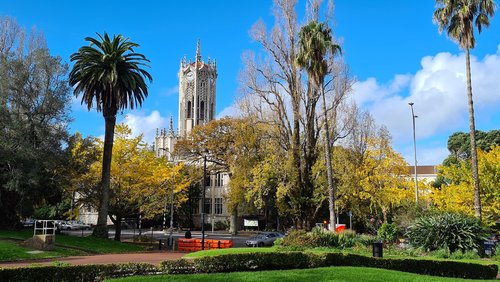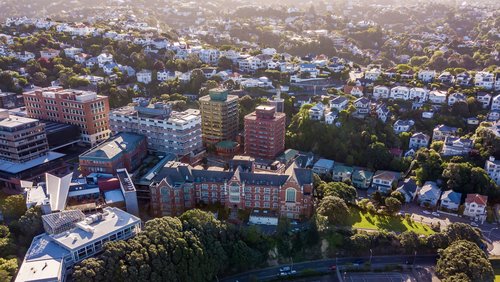19 Sep 2021
We talk to Jospeh Bowkett – a Robotics Technologist at National Aeronautics and Space Administration (NASA), based in California, USA.
I describe my role to non-engineers as…
making robots do science in space so people don’t have to.
The part of my job that always surprises people is…
the extreme level of analysis that goes into ensuring a robot will work when it lands on another planet, yet how basic much of that analysis is.
The best thing I’ve introduced at my workplace is…
automation of most of our testbed procedures. No more manual copy pasting dozens of files each time the robot lifts a finger.
In my role, I always challenge…
technical solutions that don’t make sense. If you suggest something that won’t work, I’ll be nice about it, but you’re definitely going to know.
At work, I’ve never been afraid to…
question why red tape exists, and how I can cut or bypass it.
In the past year, I’ve pushed boundaries by…
joining a “flight” project as a foreign national, who historically haven’t been able to work on that type of thing. This means something that gets sent to space, as opposed to a research task that doesn’t launch anything.
I admire engineers who…
make their thoughts known and contribute, but take no offence when they’re wrong or their ideas aren’t always adopted.
At school, teachers always described me as…
selectively interested.
My luckiest break was…
getting offered a spot at Caltech, which led the way to interning, then working, at JPL.
The bravest thing I’ve done to get where I am today was…
apply to a few universities for which I wasn’t sure I could make the cut. Grad school positions in the US can be pretty selective and it still seems crazy that I studied alongside some of the smartest people I’ve met. I think the Kiwi accent just made it sound like I knew what I was talking about, when the reality was that I hadn’t the foggiest.
Best career advice I’ve received…
work on something that makes you look forward to getting back to the office/lab each morning. It’ll still feel like work, but you’ll be glad you’re doing it.
I’d advise other people interested in my type of role to…
apply to study, intern or work at universities affiliated with the institutions you’re interested in. Many of their full-time roles go to people who have studied or worked alongside them in the past, as they’re human and prefer to hire known quantities
3 things I love about my job:
Every day involves a deluge of different problems to solve: “How do we collect ice samples on Europa”? “Why is my robotic arm going haywire?,” or “Where on Earth (most of the time) did my package get to in the institution’s tracking system?”
Robotics integrates mechanical, electrical and computer engineering so roboticists dabble in all three. The fanciest machine learning algorithm is worthless if the motor controller that would act on it is fried.
JPL operates as a Federally Funded Research and Development Centre under NASA, so employees can be both one tiny piece of a giant project puzzle, such as the Perseverance Mars Rover, and an entire team unto themselves on small research and development tasks they propose, which can be a stark contrast.
2 reasons why I chose engineering:
In engineering, there is usually some definitive answer for any question, for example: “How much force would it take to snap the fingers of my robotic gripper?” A result can normally be found, at times through unintentional empirical evidence.
Engineering can lay claim to creating much of the quality of life we enjoy in the modern world. The way humans interact may not have changed a great deal in the last century, but the way we interact with the world has changed drastically. Scarcity is almost a distant memory in the developed world, as engineering has seen the bottom few tiers of Maslow’s hierarchy of needs met for nearly every citizen. It feels pretty good to be part of that.
1 thing I wouldn’t change about my workday:
The frequent opportunity to simply teach a robot to do something fun.




